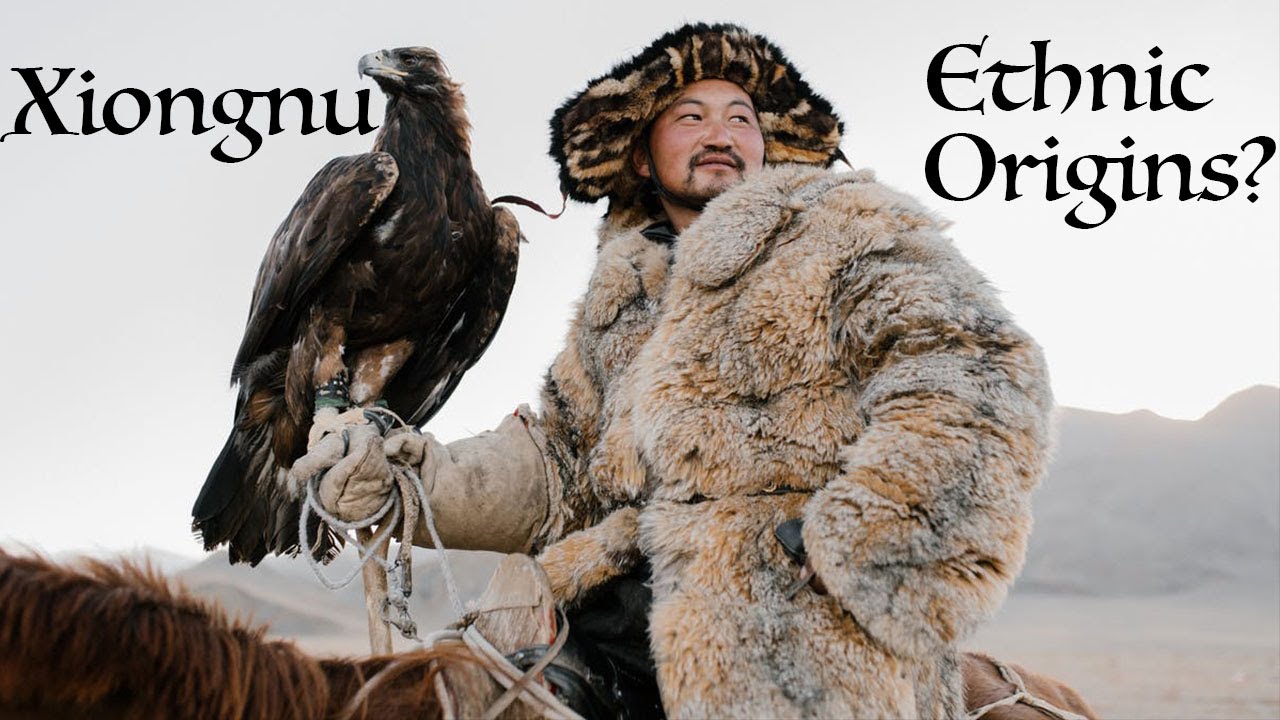A new study using ancient DNA has shed light on the origins of the first nomadic empire, revealing a multi-ethnic origin that challenges previous assumptions about the region's history.
DNA Evidence Sheds Light on First Nomadic Empire’s Multiethnic Origins
The Xiongnu: A Diverse Empire Spanning Continents
Two millennia ago, the Xiongnu, rivals of Rome and Egypt, formed their nomadic empire on the Mongolian steppe. They emerged as Imperial China’s most formidable opponent, even inspiring the Great Wall’s construction. Recent studies reveal the Xiongnu as a multiethnic empire, with extensive genetic diversity across the empire and within individual elite families.
Piecing Together the Xiongnu Puzzle
Historically overshadowed, the Xiongnu Empire is finally gaining recognition through archaeological digs and ancient DNA discoveries. Despite lacking a writing system, archaeogenetics research has linked the Xiongnu’s political beginnings to an abrupt migration and blending of various nomadic groups in northern Mongolia around 200 BCE.
A Deeper Look into Xiongnu Society Through Genetics
To further comprehend the enigmatic Xiongnu Empire, an international research team analyzed the genetic makeup of two imperial elite Xiongnu burial sites. This investigation aimed to explore the empire’s genetic diversity and its connection to power dynamics, wealth distribution, and gender roles. The researchers discovered significant genetic diversity and heterogeneity at every level, confirming the Xiongnu Empire’s multiethnic nature.
Women: The Driving Force in Xiongnu Society
The study also found that high-status Xiongnu burials and elite grave items were predominantly associated with women. This evidence supports the notion that Xiongnu women held prominent political roles in expanding and incorporating new territories along the empire’s borders.
The Role of Children in Xiongnu Society Uncovered
The genetic analysis offered rare glimpses into children’s social roles within Xiongnu society. The data suggest that boys were not assigned gendered social roles, such as hunter or warrior, until late childhood or early adolescence.
The Lasting Impact of the Xiongnu Empire
Though the Xiongnu empire ultimately fell, the research findings highlight its enduring social and cultural legacy. The Xiongnu established a long-standing nomadic tradition wherein elite princesses played crucial roles in the political and economic life of empires, a practice that persisted for over a thousand years under the Mongol Empire.
PLEASE READ: Have something to add? Visit Curiosmos on Facebook. Join the discussion in our mobile Telegram group. Also, follow us on Google News.

